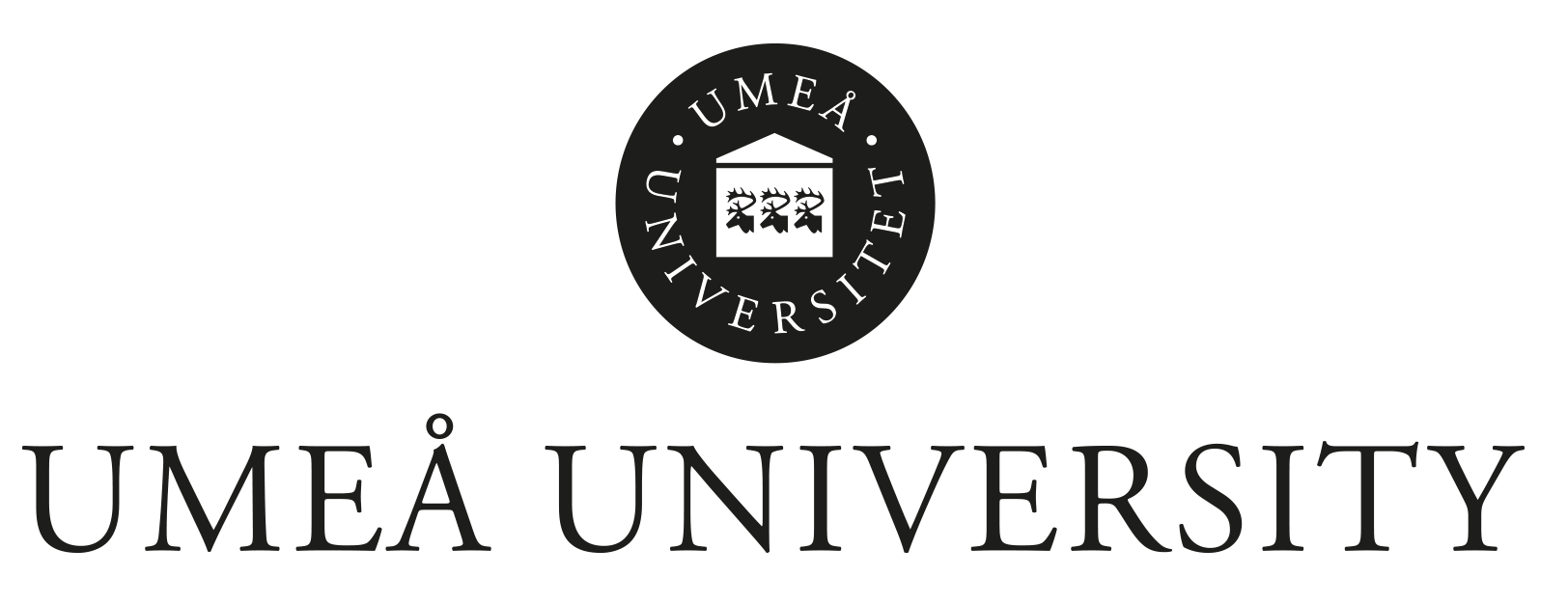Decolonisation
Nuclear Culture Field work in Australia
Making the Difference: Izmir
Amalia KatopodisNavid GhafouriOffice for Displaced DesignersRobert MullSangram Shirke
Nuclear Culture in the Arctic
Hurricanes & Scaffolding: Symposium on Artistic Research 2024
Complex Geographies
Fires of the Forests of Norrland
In-between the lines: the street as a place of cultural negotiation
Richard ConwaySangram Shirke
Electrical Gaza
The Swedish Timber Empire
Toms Kokins
